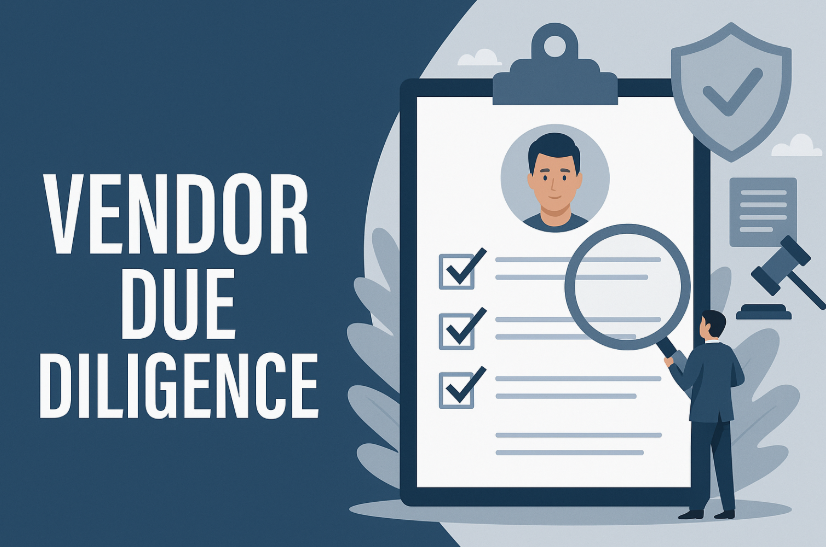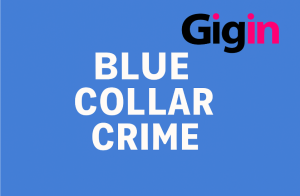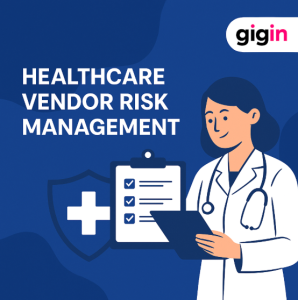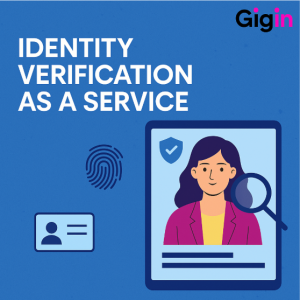In an increasingly outsourced world, vendors are no longer just service providers; they are extensions of your business. Whether it’s IT, logistics, marketing, or manufacturing, every third-party vendor has the potential to impact your compliance, security, and reputation. That’s why vendor due diligence is a critical step in ensuring you’re partnering with the right people. It helps mitigate financial, operational, and reputational risks before they become real problems. Let’s check and understand what vendor due diligence is and why it is important for businesses.
Table of Contents
The Importance of Vendor Due Diligence in Modern Business
Vendor due diligence refers to the systematic evaluation of potential or existing third-party vendors to assess their reliability, integrity, legal standing, financial health, and compliance practices. This process helps businesses avoid unethical partners, ensure legal compliance, and safeguard operations. In regulated industries, such as finance or healthcare, vendor due diligence isn’t just best practice, it’s mandatory. But even in unregulated sectors, a vendor’s failure can quickly become your problem.
Check Here: Digital Personal Data Protection
Use Cases: When Vendor Due Diligence Becomes Essential
Vendor due diligence isn’t reserved for large corporations alone, but it’s a crucial step for any business engaging with third parties. From legal compliance to safeguarding sensitive data, knowing who you’re doing business with can make or break your operations. These real-world scenarios highlight just how important it is to vet your vendors thoroughly before onboarding them:
- Technology Vendors: Verifying data protection practices and compliance before integrating SaaS or cloud-based solutions.
- Financial Partnerships: Evaluating the financial stability and legal history of vendors involved in sensitive monetary transactions.
- Manufacturing & Supply Chain: Ensuring suppliers meet quality, safety, and ethical labor standards to prevent disruptions or scandals.
- Healthcare Providers: Checking licensing, compliance, and background of service providers handling patient or medical data.
- Marketing & Ad Agencies: Verifying legitimacy, experience, and past work to ensure alignment with brand reputation and goals.
The Risks of Skipping Vendor Due Diligence
Failing to conduct proper due diligence on your vendors can expose your organization to a minefield of hidden risks. What seems like a cost-saving shortcut can quickly spiral into regulatory violations, reputational damage, and operational setbacks. Ignoring red flags or blindly trusting third-party partners may lead to serious consequences that affect not just one department but the entire business. Here are some of the major risks associated with skipping vendor due diligence:
- Compliance Breaches: Working with non-compliant vendors can lead to regulatory violations, especially in data-sensitive sectors.
- Financial Losses: Engaging financially unstable vendors can result in failed projects, supply chain breakdowns, or unfulfilled contracts.
- Data Security Threats: Vendors without proper cybersecurity protocols can become entry points for data leaks or system breaches.
- Reputational Damage: Association with unethical or blacklisted vendors can tarnish your brand’s image and customer trust.
- Operational Downtime: Inadequate vetting can lead to inefficiencies, project delays, and costly operational disruptions.
Check Here: Corporate Due Diligence
Verifyin by Gigin: Simplifying Vendor Due Diligence with AI
At Verifyin by Gigin, we believe that vendor due diligence shouldn’t be a bottleneck. It should be a strategic advantage. That’s why we’ve built an AI-powered platform that automates and enhances every step of the vendor due diligence process. Whether you’re assessing financial stability, compliance risk, or business legitimacy, Verifyin delivers real-time insights, risk scores, and verified reports, all in one place. With our intelligent system, businesses can make confident decisions, reduce manual workload, and stay audit-ready at all times. Check major features below:
- Legal & Compliance Checks: Instantly screen vendors for litigation history, blacklists, sanctions, and regulatory compliance.
- Financial Health Reports: Analyze financial data, credit ratings, and market presence to gauge vendor stability.
- Business Verification: Cross-check registrations, tax IDs, and license statuses with verified government databases.
- Custom Risk Profiling: Assign vendor risk scores based on your industry, geography, and operational needs.
- Easy Integration: Plug our API into your procurement workflow or use our dashboard for full-cycle vendor lifecycle management.
FAQs
What is vendor due diligence, and why is it necessary?
Vendor due diligence is the process of assessing potential and existing vendors to ensure they meet legal, financial, and operational standards. It helps protect your business from third-party risks that can disrupt operations or cause compliance violations.
How often should vendor due diligence be done?
While due diligence is usually done before onboarding a vendor, periodic reassessments, especially during contract renewals or regulatory changes, are recommended to stay ahead of any evolving risks.
What documents are typically reviewed during vendor due diligence?
Commonly reviewed items include business licenses, financial reports, regulatory certificates, data protection policies, and past performance records.
Can small businesses benefit from vendor due diligence?
Absolutely. Small businesses are equally vulnerable to vendor-related risks. A smart due diligence process helps them avoid fraud, delays, and compliance issues without overburdening resources.
Why choose Verifyin by Gigin for vendor due diligence?
Verifyin uses AI and automation to provide in-depth, real-time vendor risk insights. From legal checks to financial profiling, it simplifies due diligence while ensuring thorough, accurate, and scalable vendor assessments.

